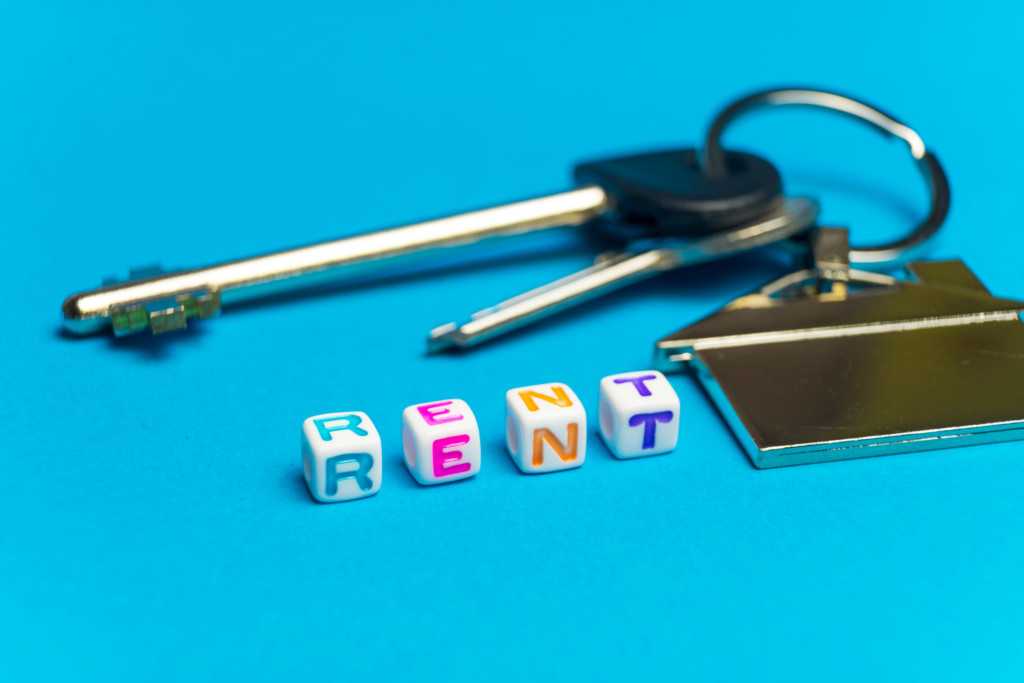In 2020, rent control came strikingly close to passing in Illinois. It was narrowly defeated, but this close call raises certain questions. In particular, does this mean that it is closer to becoming a reality in more places across the US? From there, what would this mean for the mobile home park industry?
What is this?
Rent and mortgage rank among the highest recurring costs for most people. Over a third of most civilians net income goes straight into housing related fees. This can allow a reprieve for some renters, particularly those in cities with a high living cost.
Rent control is just that: legally legislated limitations placed on costs in an area. In this case, a cap is instituted to ensure that rent rates don’t exceed a certain amount. This also applies to any annual increases in rent. This is a common tool used to adjust and control real estate.
What causes rent control?
Cities and states often pursue rent control when citizens lack significant, inexpensive options. Or, when the governing authority believes that property owners are increasing the rents at a “too aggressive” level. The lack of choices in this area often lead to higher market rates. As stated, this can be a plus for people in larger metropolitan areas.
Large scale economic and social factors can bring about rent control. This has been the case during wartime, as well as during poor economic times. One of the longest sustaining instances of this lies in New York. This has evolved and been a reality for the better part of the last century.
How does it operate?
Rent control functions under the idea that housing options are either too few or too pricey. It stops property owners from imposing a higher rent. This tends to fall far below the usual market price, especially over time and considering that many property owners were not already at market rent to start with. An unfortunate result of this is that property owners tend to invest less back in the property since they can no longer recover that expense. This has led to large amounts of deferred maintenance across many housing units. How rent control is applied can vary from state to state.
One example of rent control is a concept known as vacancy control. This is also known as “true rent control”. This means that when there’s a vacancy on the property, the rent can only elevate based on the rent control board. Vacancy decontrol, on the other hand, allows owners to raised rates as high as the housing market can take. Once occupied, the space will have further limits on annual increases.
Rent control in the mobile home park industry
Those in the mobile home park industry typically frown upon rent control. Regulation is a “dirty” word in this business. While some instances are permissible, by and large this causes owners to take the brunt of the hit. Politics also influence the situation in a real way. With political offices becoming more liberal, there is a strong chance it will happen. Only time will tell.
Consult with us today!
Things like this can have a huge impact on the state of our industry and the value of your park. In a continuing pandemic, there are plenty of considerations that require attention daily. That’s where we come in. The Mobile Home Park Expert is here to help your journey through this industry. Contact us today!


